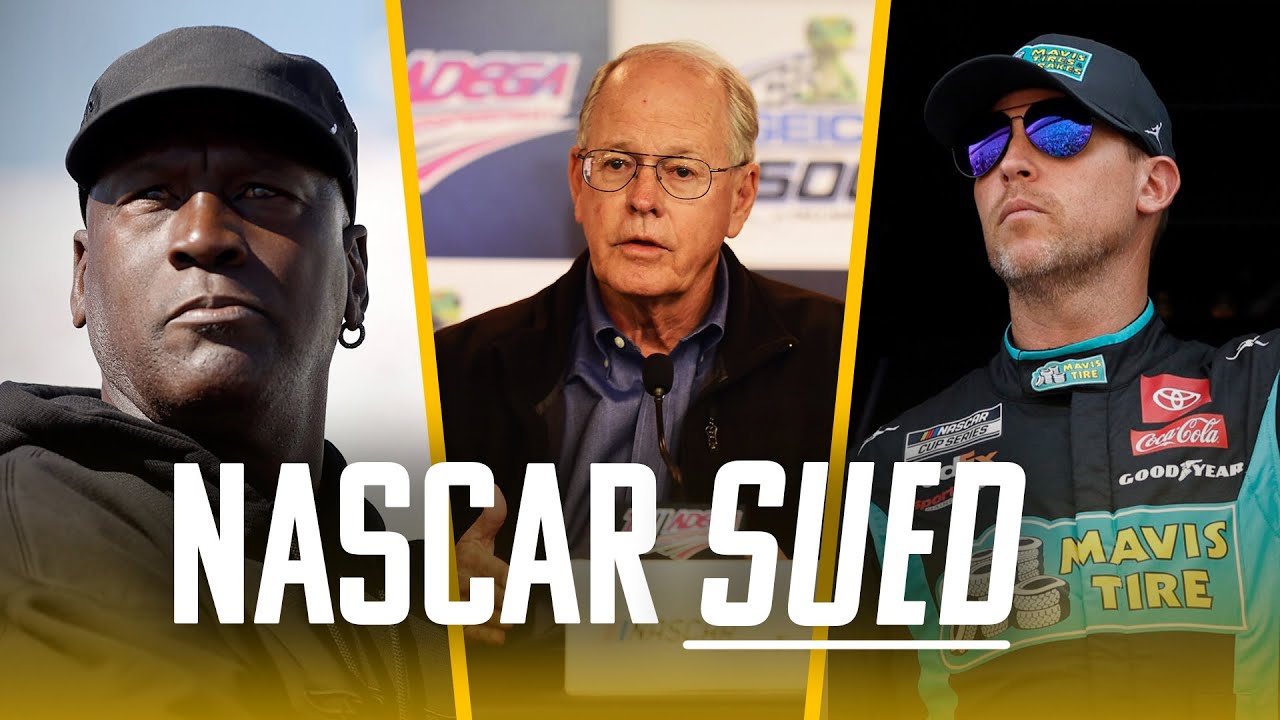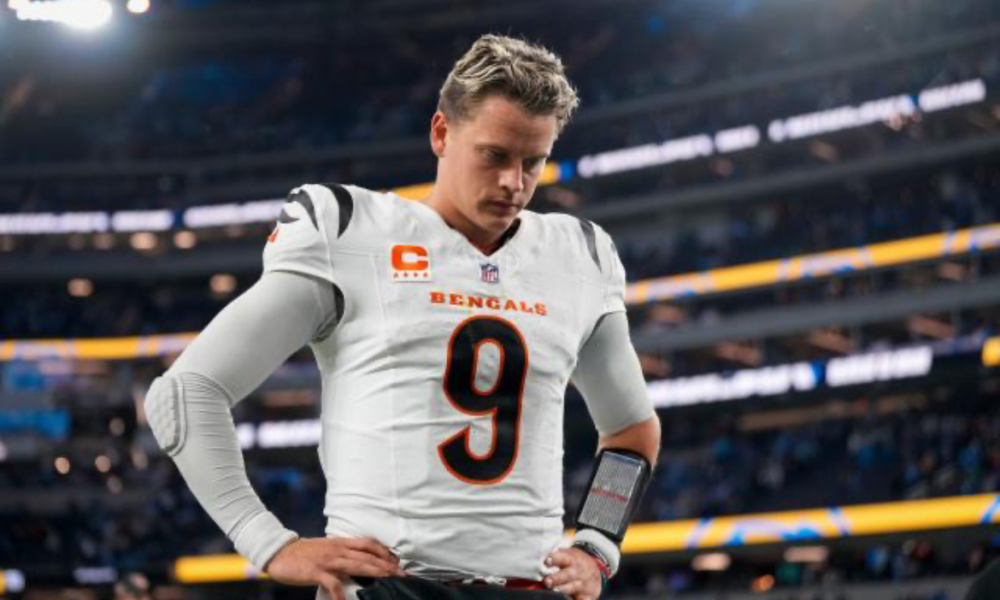NASCAR Takes Action to Halt Michael Jordan Antitrust Lawsuit..
In a highly anticipated legal battle, NASCAR is moving swiftly to have a lawsuit filed by NBA legend Michael Jordan dismissed. The suit, which centers around antitrust allegations, has attracted significant attention both within the racing world and in broader sports circles. Jordan, co-owner of 23XI Racing, claims that NASCAR has engaged in practices that violate antitrust laws, hindering the growth and success of his team in a competitive sport dominated by a few key players.
The antitrust lawsuit was filed by Michael Jordan earlier this year, accusing NASCAR of creating a system that favors established teams and prevents newcomers, like his 23XI Racing team, from competing on equal footing. Jordan’s involvement in NASCAR, through 23XI Racing, which he co-owns with NASCAR driver Denny Hamlin, has been viewed as a breath of fresh air in a sport that has long been dominated by legacy teams. However, the basketball icon alleges that NASCAR’s business practices make it difficult for new and independent teams to break through the ranks.
Jordan’s legal team argues that NASCAR’s distribution of resources, sponsorship opportunities, and team licenses creates an unfair playing field that restricts competition. According to the lawsuit, the way NASCAR allocates its charters—a system that grants teams the right to compete in races—disproportionately benefits older, more established teams. Newer teams, like 23XI Racing, face an uphill battle to secure sponsorships and other vital resources, which hinders their ability to be competitive.
Jordan’s suit claims that this system violates the Sherman Antitrust Act, a federal law designed to promote fair competition by prohibiting monopolistic practices. The lawsuit alleges that NASCAR’s charter system effectively blocks new teams from entering the sport at a high level and forces them into unfavorable business condition.
In response to the lawsuit, NASCAR has filed a motion to dismiss the case, arguing that the claims made by Jordan and his legal team are unfounded. NASCAR’s defense hinges on the argument that its charter system is designed to maintain the stability and viability of the sport, rather than to stifle competition. NASCAR contends that the charter system is a business model that benefits all parties involved, including team owners, drivers, sponsors, and fans.
The racing organization also asserts that its business practices fall well within the bounds of federal antitrust laws. NASCAR argues that the system it has in place does not violate the Sherman Act and is essential for ensuring the longevity and sustainability of the sport. According to NASCAR, the charter system creates a structured and predictable framework that allows teams to plan long-term and secure investments. Without such a system, NASCAR claims, the sport could become chaotic, leading to financial instability and a loss of interest from sponsors and fans.
NASCAR’s legal team also points out that 23XI Racing has already achieved notable success since entering the sport in 2020. The team has secured wins and competed at a high level, which they argue contradicts the claim that NASCAR’s system prevents new teams from being competitive. NASCAR will likely use this success as evidence that their current model works, not only for legacy teams but also for new entrants.
This lawsuit could have significant ramifications for NASCAR’s business model and the structure of the sport. If Jordan’s case proceeds, it could force NASCAR to reevaluate how it distributes charters and resources among teams. A legal victory for Jordan could lead to changes that might make the sport more accessible to new and independent teams, potentially creating a more competitive environment.
However, if NASCAR succeeds in getting the case dismissed, it would reaffirm the organization’s current practices and provide a clear message that the status quo will remain in place. This could discourage other potential lawsuits from smaller or newer teams that feel they have been unfairly treated.
The case also highlights the growing interest of high-profile individuals, like Jordan, in expanding their influence into different sports arenas. Jordan’s involvement in NASCAR has brought additional media attention and new fans to the sport, particularly from demographic groups that historically have not been engaged with NASCAR. The outcome of this lawsuit could either strengthen his position within the sport or present new challenges for his team’s future growth.
As the legal proceedings unfold, the outcome of the case will be closely watched by teams, sponsors, and fans alike. For Michael Jordan, this lawsuit represents more than just a business dispute; it’s a fight to level the playing field in a sport he is passionate about. For NASCAR, the case is a defense of its long-established business model, one that has helped the sport grow into a multi-billion-dollar industry.
Whether or not the case will proceed to trial remains to be seen, but one thing is clear: the stakes are high for both Michael Jordan and NASCAR. This lawsuit could reshape the future of team ownership and competition in one of America’s most popular motorsports.





